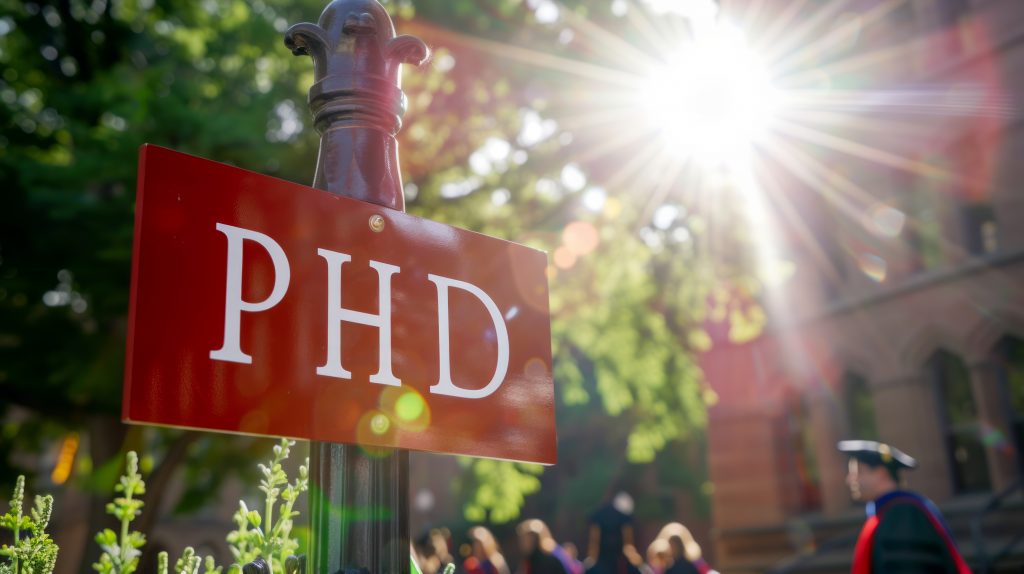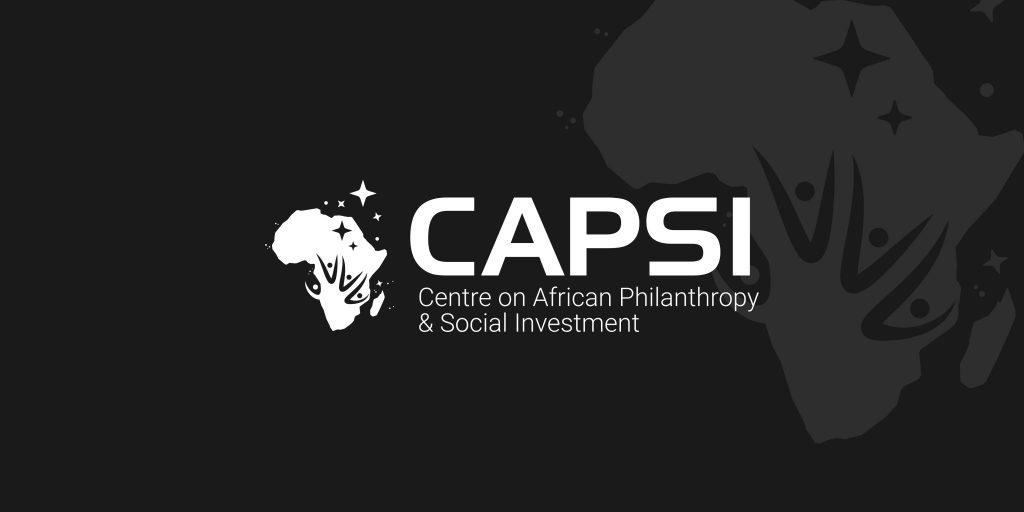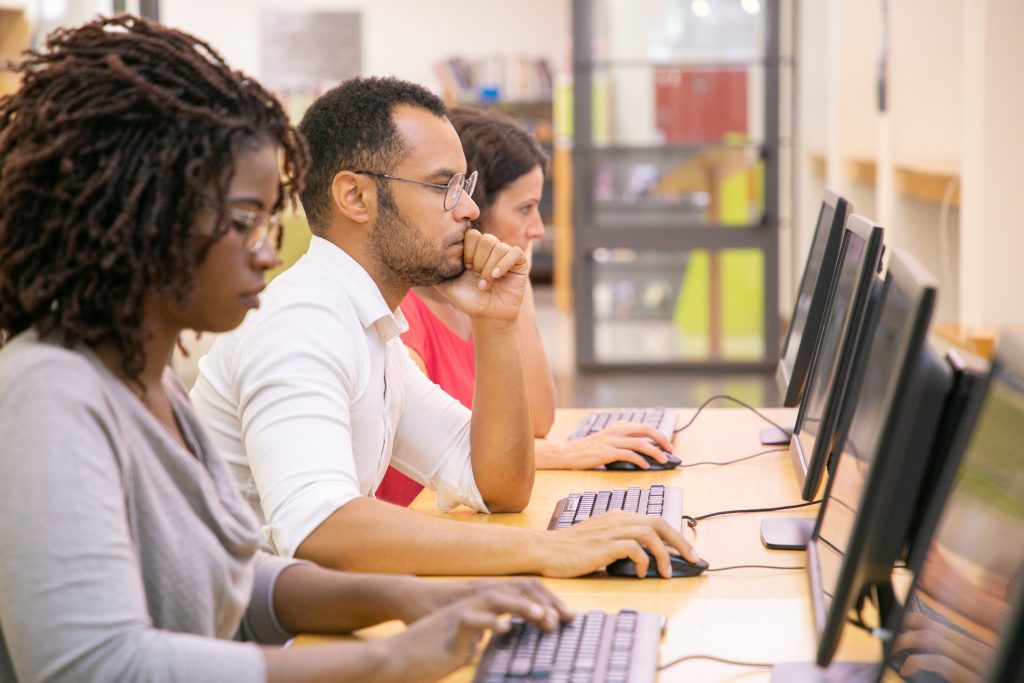Zanele Makombe, Masters of Management in African Philanthropy, 2024
My journey began with a restlessness to pursue studies in a field outside my initial focus. During my search for opportunities, I came across the African Philanthropy Masters Programme, which piqued my interest in philanthropy. This new direction felt aligned with my experiences working with nonprofits, where I saw the transformative impact of strategic giving on communities. Through my research, “Expressions of Solidarity and Decolonisation of Philanthropy in Southern Africa,” I explore how philanthropy can move from reinforcing power dynamics to fostering equitable, locally-led development.
Balancing my role as Programme Advisor with my Master’s studies required careful time management, prioritisation, and support from colleagues and mentors. Structured calendars helped manage my commitments, including time with my children’s schedules. Unfortunately, sleep often suffered as I balanced personal, professional, and academic priorities. I carved out dedicated time for studies, often relying on late-night hours, and made every “free” moment count for focused reading. Clear communication of my availability helped manage tasks and my own and others’ expectations. Parkruns became a treat and an opportunity to put in the steps!
My research highlights the need to address historical power imbalances and colonial legacies, offering new insights on how solidarity can drive systemic change and foster equitable development. These findings could inform philanthropic practices, benefiting organisations focused on transforming power dynamics and promoting locally-led development. I collaborated with community-based organisations, funding partners, and sector experts to ensure the relevance of my research. These collaborations enriched my findings and contributed to improving practices and advancing understanding of civil society and philanthropy. The research has enabled me to present in platforms on decolonisation, shifting power, and alternative approaches to philanthropy, further influencing discussions on these critical issues.
Through academic discussions and mentorship, I aim to guide future development leaders in applying research to real-world challenges and promoting sustainable, equitable change. My advice is to gain practical experience, build networks, stay informed, and commit to finishing — remember, the sun always sets!
Daphney Nemakhavhani, Master of Management in African Philanthropy, 2024
As a development practitioner, I constantly engage with a full range of stakeholders, such as alumni and donors, to address societal needs. This entails building and maintaining strategic, mutually beneficial relations and securing resources to drive institutional advancement initiatives. Having witnessed the transformative power of education and the challenges faced by universities in resource mobilisation inspired me to further my studies to deepen my understanding of the underlying principles and strategies that drive successful philanthropic efforts and seek innovative, research-backed solutions.
Through my research, I hope to contribute actionable insights that can influence African philanthropic practices and policies, provide a framework that universities can adopt to foster sustainable giving cultures, potentially transform resource mobilisation strategies and ensure diversified sources in education funding.
Balancing my director role with academic pursuits demanded discipline, sacrifices and planning. These required meticulous prioritisations of tasks, leveraging early mornings and weekends for study while ensuring I remained present for my professional responsibilities. This honed my time management skills and deepened my appreciation for integrating theory with practice.
The findings of this study have significant implications for policies and practical implementations, providing valuable insights into important facets pertaining to the motivations for gifting. These insights are useful to development practitioners, higher education administrators, and decision-makers for making informed decisions within the universities. Collaborative engagements during my study were instrumental in enriching my perspective and bridging the gap between academia and practice, ensuring the relevance and impact of scholarly work.
I am committed to mentoring aspiring development leaders, blending academic insights with practical strategies to address Africa’s unique challenges by sharing lessons from real challenges, such as building donor trust and creating effective strategies, while encouraging critical thinking and innovation. For those considering studies in philanthropy, I emphasise the importance of curiosity, resilience, and a genuine commitment to societal transformation. The journey is demanding but profoundly rewarding for those committed to making an impact.





